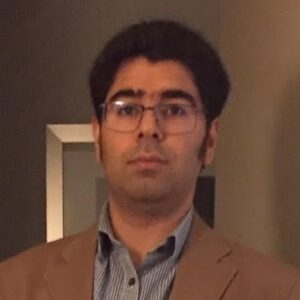My research is focused on cosmology and its intersection with fundamental physics. To study the constituents of our universe and demystify the small-scale astrophysics, I develop novel inference models and computational algorithms. As an astronomer, I employ the most massive gravitationally bound objects in the Universe, i.e. galaxy clusters, to study the nature of dark matter and dark energy. I am also an advocate for applications of data science for problems with societal impact. When I am not doing astronomy, I engage with policy- and decision-makers and enable them with data-informed decision making by providing novel data-driven tools.
I am an active member of several international projects and collaborations, including the Dark Energy Survey(DES), the COsmostatistics INitiative (COIN), XMM-XXL Consortium, among others. I was a McWilliams Postdoctoral Fellow at CMU, recipient of the best student paper award in KDD’18, an awardee of the Michigan Institute for Computational Discovery and Engineering (MICDE) fellowship, and recipient >$50k grants.
Undergraduate/graduate students: I am continually looking for dedicated undergraduate and graduate students (you) who want to expand their portfolio and take part in data science with social impact or astronomy projects. These projects involve a balance of theoretical, methodological, and data analysis work. If you are looking for a project feel free to email me.
World Economic Forum Report: I contributed to a report from the World Economic Forum featuring a data science project co-funded by MIDAS, U-M Transportation Research Institute (UMTRI), U-M College of Engineering and The Knight Foundation. The project is part of a larger Seamless Integrated Mobility effort that aims to transform mobility systems in Detroit, Ann Arbor and Windsor. The project is one example of how data science can make a significant impact on policy making.
